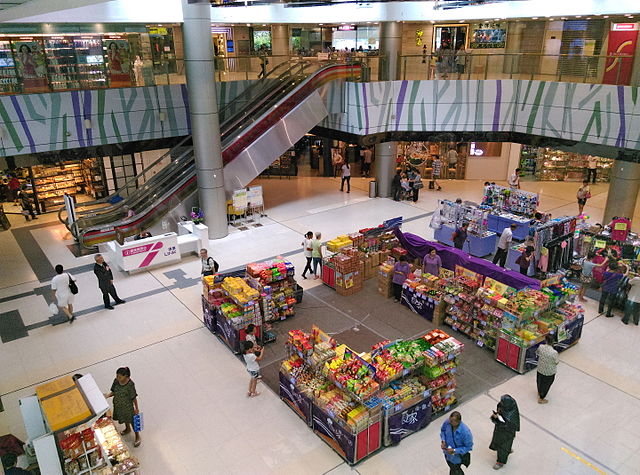Over 200 Hong Kong stores now accept digital yuan payments, banks have claimed, as China looks to take its CBDC into the cross-border space.
The list of e-CNY-accepting vendors includes stores and outlets that cater predominantly to Mainland Chinese tourists.
Per Wen Wei Po Hong Kong, the 200+-strong list includes the liquor vendor Duty Zero by CDF, the Kwun Tong district-based IW Hotel, the convenience store chain VanGO, and the children’s clothing store Balabala.
Jewellery outlets, supermarkets, electronics retailers, pharmacists, and beauty stores were also included on the list.
Mainland Chinese shoppers have also been told they can enjoy discounts of “up to” around $14 when spending their digital yuan holdings in selected Hong Kong outlets.
The promotion will run until the end of August this year.
Chinese banks have been looking to boost the number of cross-border spending options available to their customers.
Thus far, these efforts have focused on Hong Kong and Macau.
Both are Chinese regions.
But as both have separate economic systems and currencies, Beijing thinks they will provide suitable testbeds for the e-CNY away from the mainland.
Other nations popular with Chinese tourists have already talked up the idea of accepting digital yuan payments.
These include South Korean tourist hotspots like the Myeongdong District of Seoul.
The discount offer is being operated by the Bank of China, one of Mainland China’s biggest state-run commercial banks.
The bank’s Hong Kong branch is co-running the promotional event.
Shoppers can only use discount coupons on purchases made in Hong Kong.
To activate the discount codes, Mainland Chinese consumers need to scan QR codes from their digital yuan wallets at participating stores.
But citizens of Jiangsu, Guangdong, and Shenzhen can receive their coupons prior to leaving for Hong Kong – via Bank of China apps or local bank branches.
The coupons are valid for 15 days after redemption, the bank explained.

Hong Kong Focus for Chinese CBDC?
The Bank of China Hong Kong said it was boosting its “digital yuan acquisition capabilities.”
And it added that some Hong Kong merchants were “actively improving their collection systems” to help them “provide e-CNY payment services for cross-border visitors.”
The bank noted that the period from July to August is the “traditional peak tourist season” in Hong Kong’s shopping districts.
And it said it expected its “cross-border shopping festival” to increase footfall in stores and “boost consumption.”
The bank explained that digital yuan wallets cannot yet be opened in Hong Kong, which is not yet officially part of the pilot zone.
As such, shoppers were warned they would “need to open a digital yuan wallet in the existing pilot area” before traveling.
Merchants in Hong Kong only need to download a “simple software upgrade” for their “existing point-of-sale (POS) payment systems” to start accepting CBDC payments, the bank said.
The Bank of China’s Hong Kong explained that the bank “provides merchants” with a choice of “two settlement methods” if they accept digital yuan payments.
They can request the payment is converted to Hong Kong dollars or is swapped for (conventional) yuan.
The pilot area currently includes the capital Beijing, as well as Tianjin, Hebei Province, Dalian, Shanghai, Jiangsu Province, and the Zhejiang Province cities of Hangzhou, Ningbo, Wenzhou, Huzhou, Shaoxing, and Jinhua.
Other pilot zone cities include Fujian’s Fuzhou and Xiamen, Shandong’s Jinan and Qingdao, Changsha, Guangdong Province, Guangxi’s Nanning and Fangchenggang, Hainan Province, Chongqing, Sichuan Province, Yunnan Province’s Kunming, and Xishuangbanna), as well as the city of Xi’an.
The local government of Shenzhen, a Mainland Chinese city 27km away from Hong Kong, claimed this week that around 36 million CBDC wallets have been opened in city limits to date.
Credit: Source link


